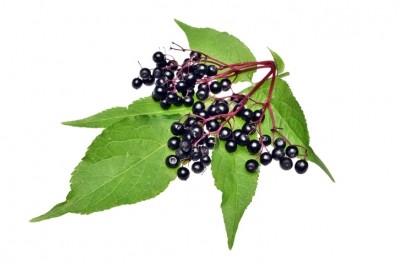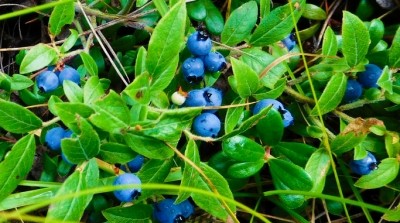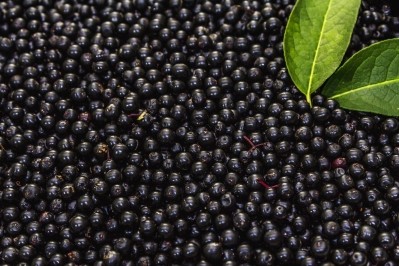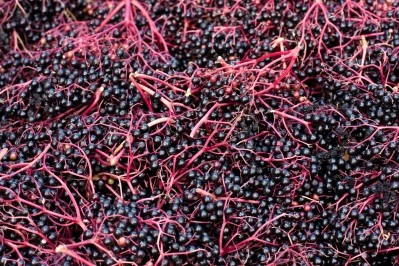Nature’s Way finds more evidence of widespread elderberry adulteration
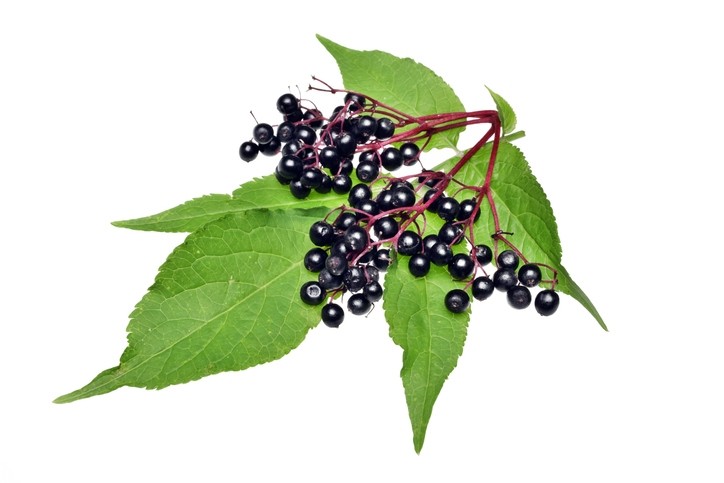
Travis Borchardt, vice president of regulatory affairs and QA/QC of Green Bay, WI-based Nature’s Way, said the company had done the testing as part of an effort to find additional supplies of raw material in a market where demand for elderberry (specifically European Black Elderberry, or Sambucus nigra) has gone through the roof. The company has suffered through a number of out of stock periods for its finished goods as it has tried to meet that demand, he said.
Nature’s Way released the results of testing it had done on 25 bulk extracts and eight finished products. The company said it used test methods in accordance to those published by the United States Pharmacopeial (USP) monograph on European elderberry dry extract. It also referenced information from the HPTLC Association and the Institute for Nutraceutical Advancement.
Other fruits, black rice found as adulterants
The products were analyzed by high-performance thin-layer chromatography (HPTLC), high-performance liquid chromatography with visible detection (HPLC-Vis), and UV/Vis spectrophotometry. The latter assay was used solely to determine total anthocyanins in the products.
“We were feeling a supply pinch where we could not meet demand. As we went looking for other sources we found many of the samples we tested were tested were adulterated or failed potency testing in terms of anthocyanin content. From an ID perspective many of these materials were not what they claimed to be,” Borchardt told NutraIngredients-USA.
The testing revealed a variety of possible adulterants present. Those included blueberry (Vaccinium angustifolium, V. corymbosum, or V. pallidum, Ericaceae), black chokeberry (Aronia melanocarpa, Rosaceae), amaranth dye, and black rice (Oryza sativa, Poaceae) extract, among others.
Testing results disseminated via BAPP communique
According to a communication put out by the Botanical Adulterants Prevention Program, the identity was assessed by HPTLC, and by the HPLC anthocyanin profile. Criteria included an assessment of the intensity of cyanidin-3-O-sambubioside signal, and the presence of cyanidin-3-O-sambubioside-5-O-glucoside. Of the 25 bulk materials, 14 failed the identity test (very low amounts of cyanidin-3-O-sambubioside compared to other anthocyanins), and five were found to contain no elderberry extract at all. Black rice extract was found as an adulterant in at least two cases. Among the eight finished elderberry dietary supplements, two products were devoid of elderberry extract. One contained mainly a substance similar to oat bran, while the other was made of Vitamin C and excipients. Both elderberry-free products were visually distinct from authentic elderberry products with a white or orange color, respectively.
Warning for both industry and consumers
Elderberry has zoomed in popularity during the present pandemic situation because of its immune health benefits. This has brought many new consumers to the botanical, some of whom may never have consumed an elderberry product before and therefore aren’t aware of what it should look like.
“I would tell consumers that one of the easy things to watch out for is if the product is not a very dark purple color, it’s likely that it’s not elderberry. When you go online and you see are seeing products that are orange or very light pink, or capsules filled with white powder, that’s a red flag,” he said.
Borchardt said Nature’s Way chose to make the testing results public as a warning to industry.
“We weren’t really surprised by what we found, more disappointed. Our goal is to say, hey, industry, as you look to fulfill your elderberry demand be very cautious about some of the games the supply chain will try to play,” he said.
Adulteration is not new; elderberry adulteration is
Stefan Gafner, PhD, chief science officer of the American Botanical Council, said while adulteration of high demand botanicals has always been observed at some level in the market, adulteration of elderberry is something new.
“I believe four or five years ago there were almost no reports of elderberry adulteration. Elderberry was easily available and not in high demand. It actually was more known that elderberry itself was used an adulterant of other higher demand and more expensive commodities like bilberry,” he said. Gafner also directs BAPP, an effort in which ABC is the lead partner, along with the American Herbal Pharmacopoeia as well as the National Center for Natural Products Research at the University of Mississippi.
“From a historical perspective I think we all know that if sales for a certain botanical are increasing and in particular where there is a not an established high volume source of supply these problems can happen. Elderberry is not like echinacea, where the supply comes from large scale cultivation and there is a fairly good buffer so growers and producers can adapt to fluctuating demand,” Gafner said.
Borchardt agreed, saying, “We knew that if we did find elderberry on the market from somewhere else (other than their established supplier) there would be a good chance that it might not be legitimate. The 2019 harvest yielded only so much elderberry and we are coming to the end of that.”
